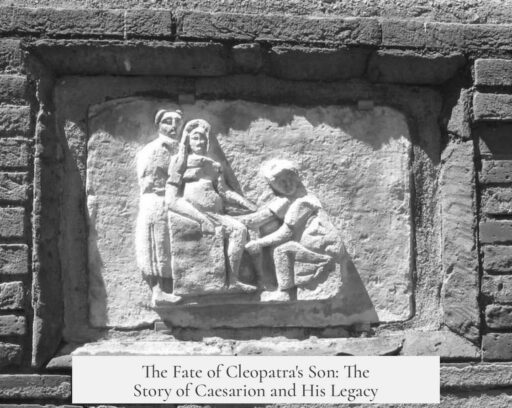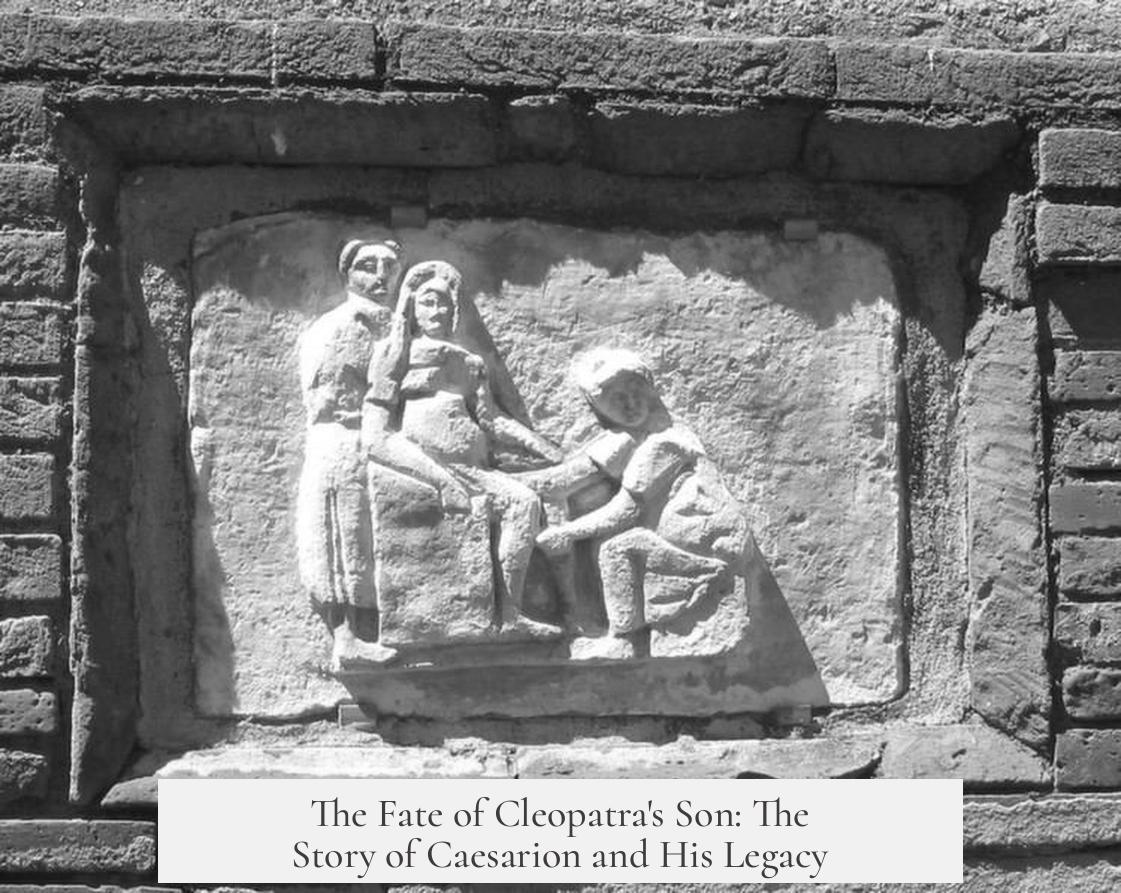Cleopatra’s son, Ptolemy XV Philopator Philometor Caesar, commonly known as Caesarion, likely met a grim fate at the hands of Octavius, who later became Augustus.
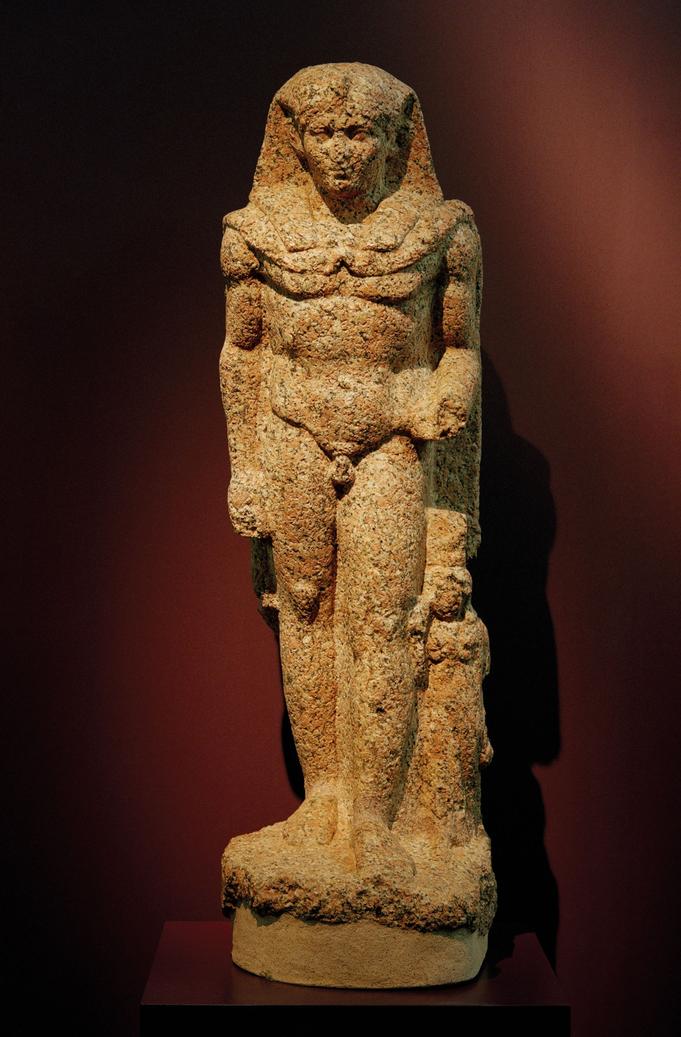
Caesarion was the biological son of Cleopatra and Julius Caesar. After Julius Caesar’s assassination, Caesarion represented a living claim to Caesar’s legacy and power. Octavius, Caesar’s adopted heir and great-nephew, viewed Caesarion as a significant threat. Caesarion’s status as a true biological son gave him a stronger claim to Caesar’s wealth and leadership.
Octavius aimed to consolidate power and eliminate any rivals. Having two figures stamped as “Caesar” could challenge his rule. Therefore, the most likely scenario is that Octavius ordered Caesarion’s death to secure his position as Rome’s sole ruler.
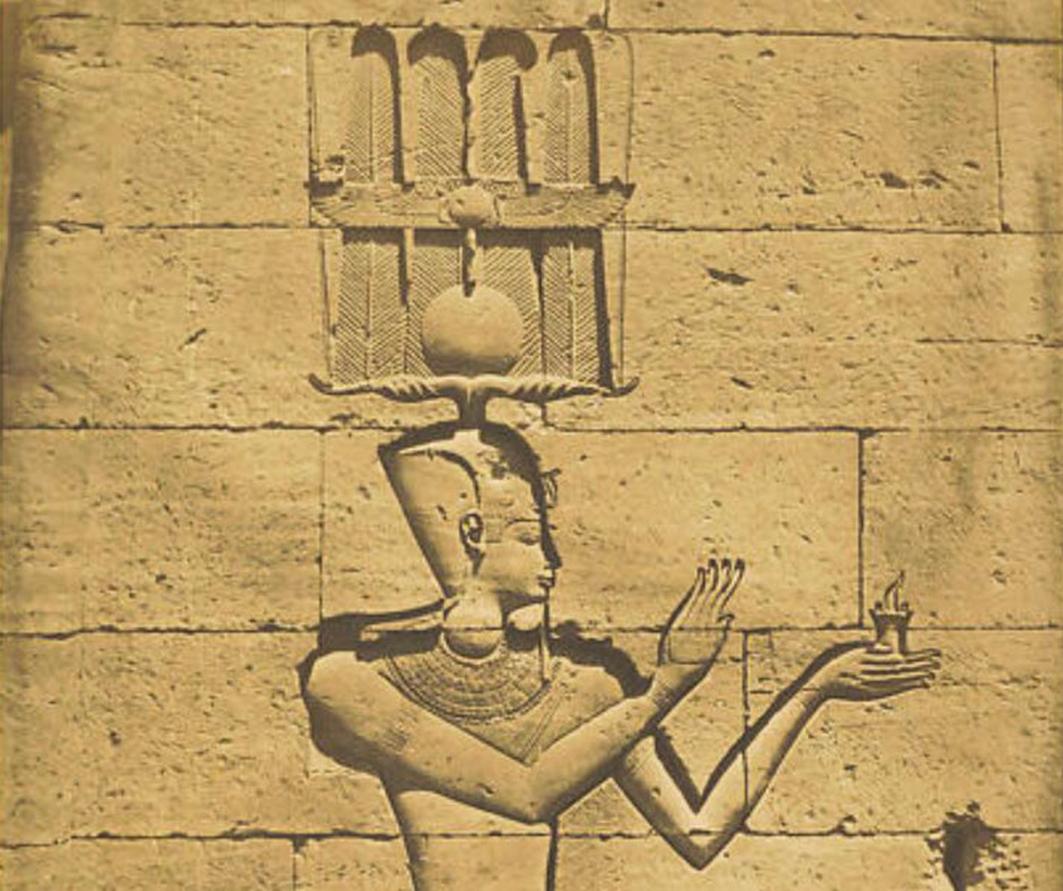
Some legends suggest Caesarion escaped to India. However, there is no historical evidence supporting this theory. Caesarion did not appear in the political scene after Cleopatra’s defeat and death. The absence of any record of Caesarion’s role after the civil wars supports the notion that he either was killed or disappeared quietly.
After Cleopatra and Mark Antony’s defeat by Octavius, Egypt became a Roman province. Octavius ruled as Augustus, Rome’s first emperor. Caesarion’s elimination ensured no competing claimants to Caesar’s legacy remained.
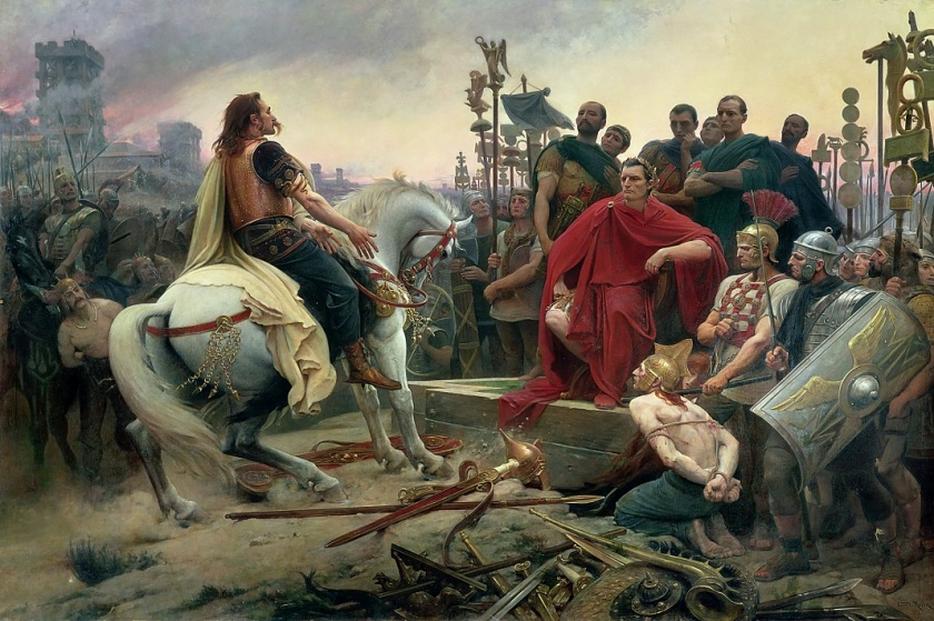
- Caesarion was Cleopatra and Julius Caesar’s biological son.
- Octavius viewed him as a threat to his claim as Caesar’s heir.
- Most evidence suggests Octavius ordered Caesarion’s death.
- Some unproven stories say Caesarion fled to India, but no evidence exists.
- Caesarion disappeared after the civil wars, and Octavius became Rome’s first emperor.
What Happened to Cleopatra’s Son? The Untold Story of Caesarion’s Fate
The fate of Cleopatra’s son, Caesarion, remains one of history’s most intriguing mysteries. The short answer: he likely did not survive the rise of Octavius, later known as Augustus. His disappearance signals the end of the Ptolemaic dynasty and the solidification of Roman power under a single ruler.
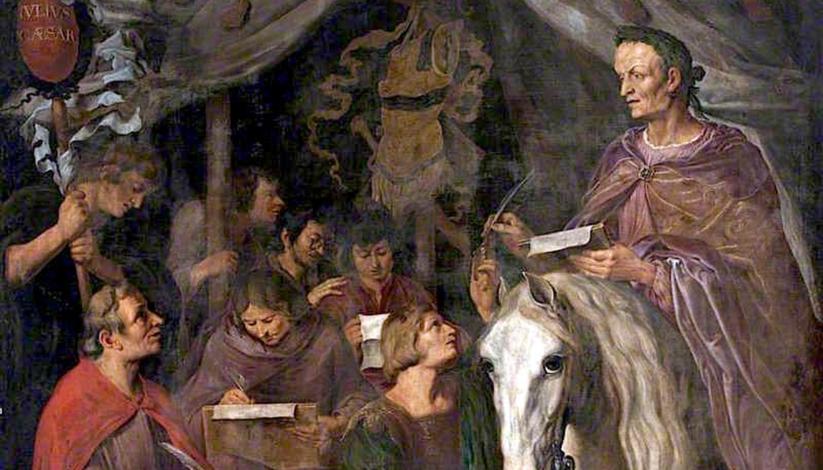
Let’s dive into the story of Caesarion — born Ptolemy XV Philopator Philometor Caesar — and uncover the reasons behind his tragic end, the political chessboard involving Octavius, and what happened to Cleopatra and Antony’s other children.
Who Was Caesarion?
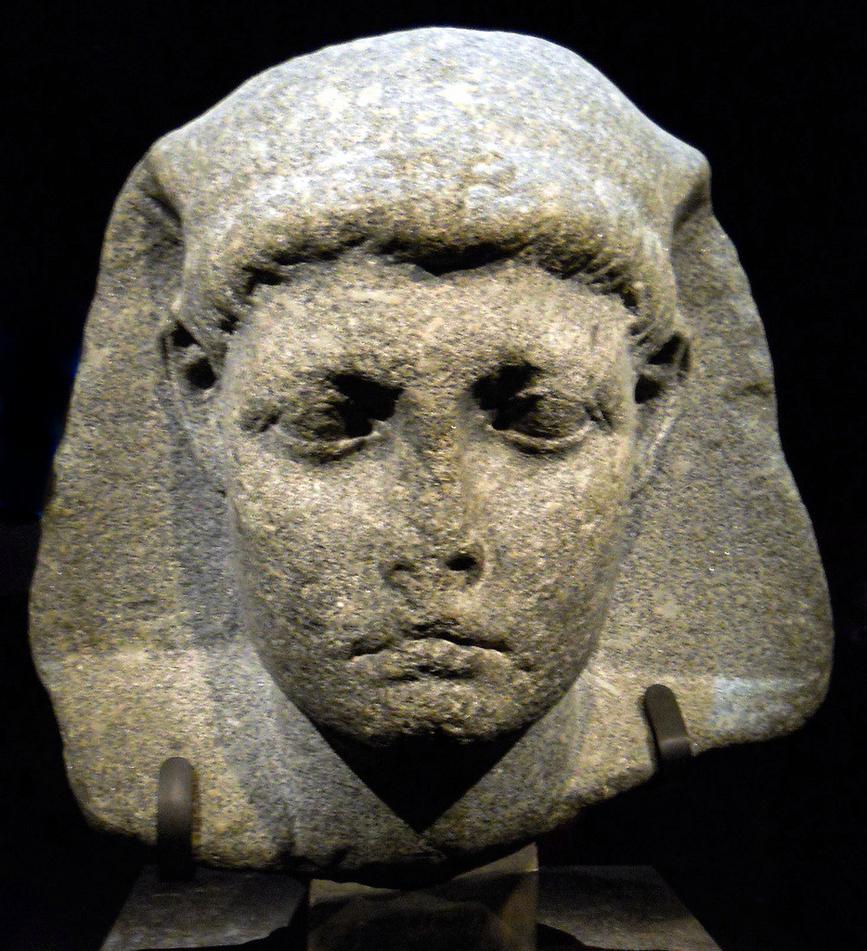
Caesarion is the historical nickname for Cleopatra’s son with the Roman dictator Gaius Julius Caesar. Unlike Octavius, who was Caesar’s great-nephew and adopted heir, Caesarion was the biological son. That fact changes everything.
Imagine the political tension. Caesarion, as the *real* son, had a legitimate claim to Caesar’s legacy and vast wealth. And that claim would show up like a red flag to anyone looking to control the Roman world—especially Octavius.
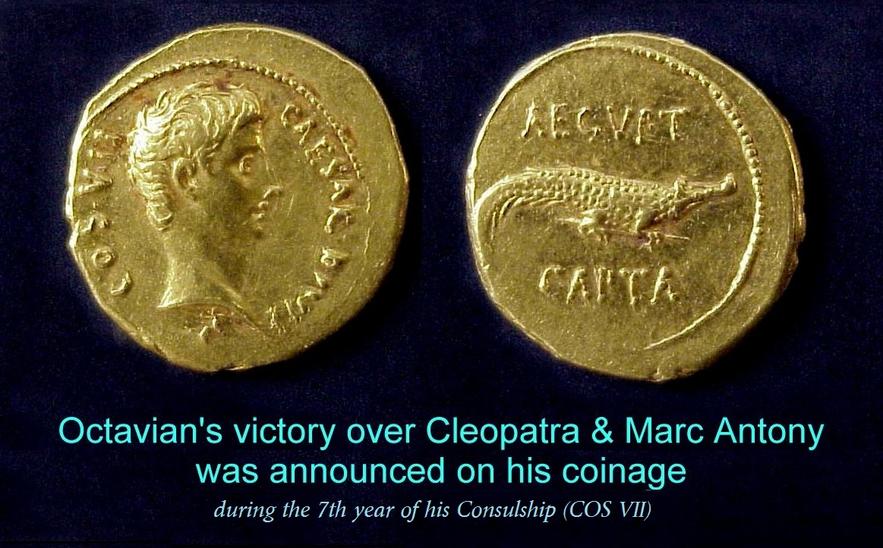
Octavius and His Motive for Eliminating Caesarion
Here’s where the plot thickens. Octavius, eager to cement his power, faces a problem: another “Caesar” lurking around, with a stronger biological claim. It’s no surprise historians suspect Octavius orchestrated Caesarion’s demise.
Simply put, Octavius could not afford the competition. Having two Caesars—one appointed and one born—was not an option. If Caesarion survived, he could have challenged Octavius’s rulership and claimed Caesar’s fortune.
Political survival at this level means ruthless action. The most likely scenario: Caesarion was killed soon after Cleopatra and Antony’s defeat, solidifying Octavius’s uncontested reign.
Did Caesarion Escape to India?
Some rumors claim Caesarion fled to India, escaping the Roman purge. Sounds like a thrilling twist, right? Unfortunately, the evidence is almost nonexistent. He did not show any role or influence in the chaotic aftermath of the Roman civil wars.
In reality, he vanished from history’s main stage, swallowed by Octavius’s rise and Rome’s shifting power dynamics. The Indian escape story remains more legend than fact.
Octavius’s Triumph and the Fate of Antony and Cleopatra’s Children
What about Cleopatra’s other children with Mark Antony? Octavius didn’t kill them outright. Instead, he paraded these children in gold chains during his triumph march. They were displayed first, a clear message that Octavius had triumphed over Antony and Cleopatra’s line.
But here’s an unexpected twist: after this public display, Octavius showed clemency. He placed the children under the care of his sister, Octavia, who was once married to Antony. This move softened his image and maintained family loyalty.
Putting these children in his sister’s home ensured they were protected and cared for, at least for a while. A shrewd political maneuver, it demonstrated Octavius’s control—not just over war, but also compassion.
Why Does Caesarion’s Story Matter?
Caesarion’s disappearance is a pivotal moment marking the end of Egyptian independence. Cleopatra’s son represented a fragile claim to Caesar’s legacy and Egyptian sovereignty. Seeing his fate helps us understand how Octavius systematically removed threats.
Contemplating Caesarion’s brief life prompts a gripping question: how different would history be if he had survived? Could the Roman Empire have faced a genuine rival rooted in both Rome and Egypt?
Sadly, Caesarion’s death cleared the way for Augustus to become Rome’s first emperor, ushering in the Pax Romana and changing the course of Western history.
Lessons and Reflections on Power and Legacy
The story of Caesarion isn’t just about ancient politics. It echoes modern struggles over inheritance, legitimacy, and survival. When power and family collide, ruthless decisions often follow.
Octavius’s actions reveal the cold logic behind consolidating power: remove threats quickly and decisively—even if those threats are family. The care shown to Antony and Cleopatra’s other children reveals the complexities of power. Sometimes mercy is useful, other times it’s just political theater.
If you find yourself tangled in family rivalries or inheritance issues, history reminds us: clarity and swift action often shape the outcome. But don’t forget compassion—it shapes how history remembers you.
The Takeaway
- Caesarion was Cleopatra and Julius Caesar’s biological son and posed a real threat to Octavius’s claim on power.
- Octavius likely killed Caesarion to secure his rule and prevent rival claims to Caesar’s legacy.
- Rumors about Caesarion escaping are sensational but lack historic proof.
- Octavius publicly displayed Antony and Cleopatra’s children to showcase victory but then placed them in care, highlighting strategic mercy.
In the end, Caesarion’s fate teaches us about the brutal realities behind political power plays and reminds us that history is shaped as much by those who vanish from the records as those who triumph.
So next time you hear of Cleopatra’s son, remember: his story is a silent echo of ambition, survival, and the harsh games that shaped the ancient world.
What was the main reason Octavius likely killed Caesarion?
Octavius saw Caesarion as a threat because he was the true biological son of Julius Caesar. Caesarion could claim Caesar’s legacy and wealth, which Octavius held. This rivalry made Caesarion a danger to Octavius’s power.
Is there any evidence that Caesarion escaped to India?
Some stories say Caesarion fled to India, but there is no solid proof he survived or took part in events after the civil wars. Most historians agree he likely died soon after Octavius took power.
Did Caesarion play any role after Julius Caesar’s death?
Caesarion did not influence the political events after Caesar’s death. Octavius, later Augustus, became the ruler, and Caesarion vanished from historical records, suggesting he had no further role.
How was Caesarion related to Julius Caesar and Octavius?
Caesarion was Julius Caesar’s biological son. Octavius was Caesar’s adopted heir and a more distant relative. This difference made Caesarion a rival claimant to Caesar’s inheritance and power.
Why could Octavius not allow Caesarion to live?
Having two figures claiming to be Caesar’s son was risky for Octavius. He needed to secure his rule as Augustus without a rival with a stronger blood claim to Julius Caesar’s legacy.
